‘She’s doing what is humane’: Undocumented college students express relief over Lori Lightfoot’s order ensuring benefits to undocumented
Ashlee Rezin Garcia/Chicago Sun-Times via AP
Chicago Mayor Lori Lightfoot signs an executive order to ensure coronavirus-related benefits offered by the city of Chicago are available to immigrants and refugees, Tuesday morning, April 7, 2020.
Undocumented immigrants are not eligible for the federal government’s $2 trillion stimulus package, leading those that identify as undocumented during this pandemic crisis toward desperation.
But last Tuesday, Mayor Lori Lightfoot signed an executive order ensuring benefits to all Chicago residents, regardless of their citizenship and immigration status, bringing relief to the lives of undocumented college students and their families.
“Clearly the most vulnerable members of our society are hit the hardest in times of crisis,” said Lourdes Torres, a professor of Latino/a cultural, social and political issues at DePaul. “We can see that in that the numbers of deaths among Blacks and Latinos is higher than other groups in Chicago and in other cities across the nation.”
Torres said undocumented students still face numerous challenges such as securing financial resources to pay for their education, helping to take care of their families and living in a constant state of uncertainty about their futures – challenges that are now worsened due to the pandemic.
“We know that income inequality is at an all-time high,” Torres said. “Even in the best of times, there is a significant difference between the income of whites and the income of minoritized groups such as Latinos and Blacks … Clearly, since undocumented Latinx folks have fewer resources to begin with and hold more insecure positions, they are in a precarious situation.”
This is a situation that Teresa, an undocumented student, is familiar with.
“Coming to the U.S. and adjusting to a different language and culture was hard — and at times upsetting — because I lived in fear for a couple of years, and I had trouble learning English when I was young,” Teresa said. “I feel a bit relieved because it’s comforting to know that at least someone in the government is thinking about us minorities.”
Teresa, who currently attends Harold Washington College, expressed that no matter how much money is provided through aid, she knows that it will help take off some weight from people’s shoulders during these tense moments.
Jaret, another undocumented student who attends Dominican University, said he thinks the government needs to help immigrants, rather than push them aside – now more than ever.
“I feel in a way neglected or like kept in the shadows,” he said. “Even if this pandemic is supposed to bring people together to help each other, it seems to push the people that have been living on this land as an immigrant for years, working with blood, sweat and tears, and even paying taxes. If it’s any helpful aid toward immigrants, I believe [Mayor Lightfoot] is doing what is [the] humane thing to do during a time of crisis.”
For those that are protected under DACA like Brenda Gonzalez, who attends DePaul’sTheatre School and College of Communication, Lightfoot’s executive decision has allowed her to feel less worried in knowing that her community is finally able to receive the aid that they need.
“I think that there are so many people in need; those with insecure housing or facing homelessness in the undocumented community during this pandemic — they’re also in need of these relief benefits,” Gonzalez said. “I am glad Chicago’s own government is taking action in that way. I hope the same aid comes for other Illinois families.”
As for whether or not this action has changed her views on Lightfoot, Gonzalez says that she is happy that Lightfoot was able to respond to the needs of her community.
“I see her as doing her job as she needs to do it,” she said. “I congratulate her actions and hope she continues to listen to our communities, including those incarcerated in Cook County jail who are at a major risk of being infected with COVID-19.”


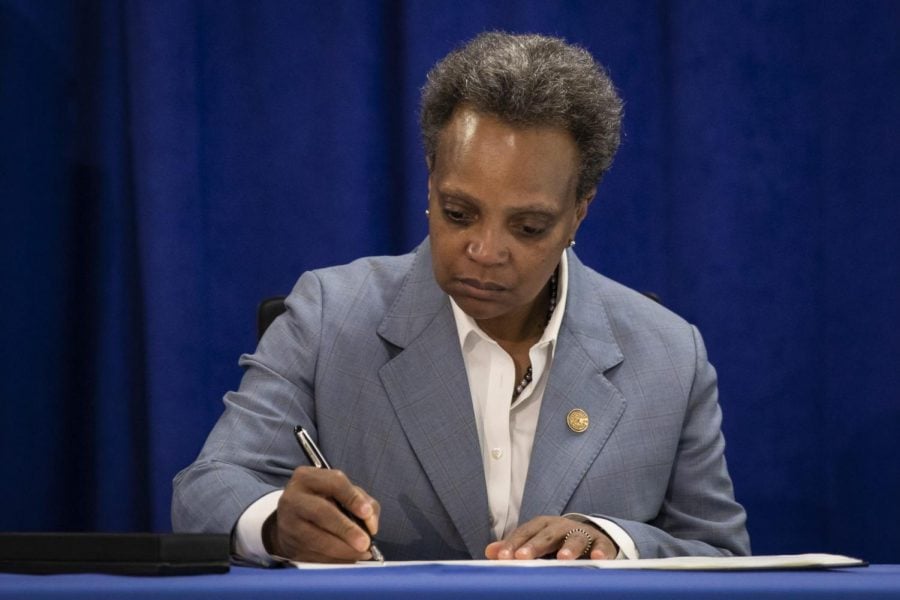
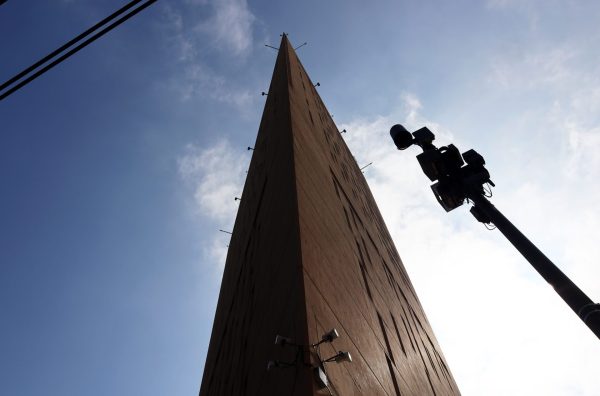
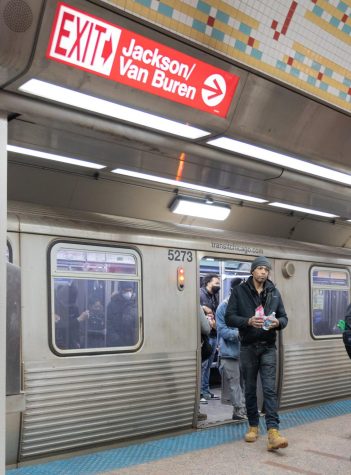


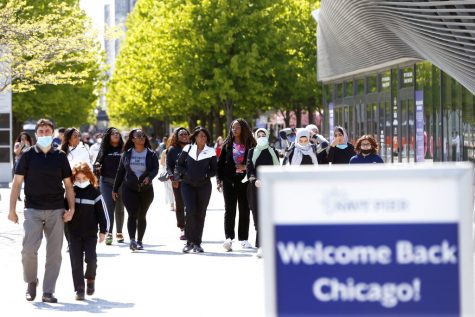





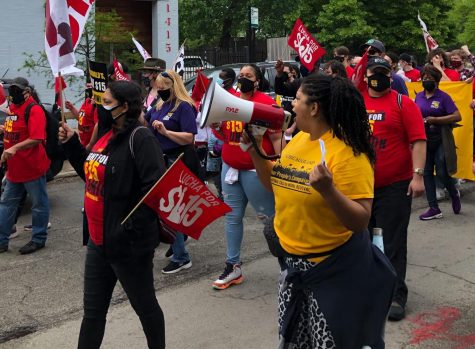


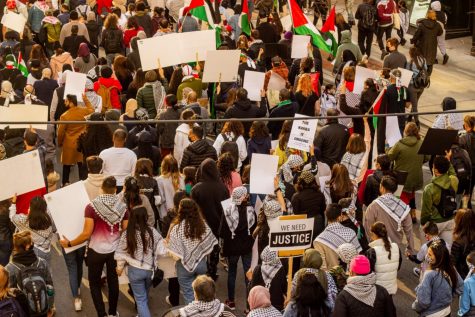

Allison Rhode • Apr 16, 2020 at 3:20 am
Humanely euthanizing American citizens yes… she’s killing us … she’s an enemy of the people taking federal money from citizens and giving it to undocumented college students? Aka you don’t work or pay taxes and are breaking the law? How brilliant! Just like the man Ice wanted to take for molesting the 3 year old In McDonald’s a few months back.. but we are a sanctuary city… sanctuary for rapists and human trafficking.. she’s a criminal, gotta draw the line somewhere and violent offenders is a great place to start. Then she acts shocked at south side people and west side people dying at higher rates.. she perpetuates the poverty that creates this mess.. but she’s got a wife so it means she’s down with everyone right?! Wrong it’s a false flag.
Renee Reynolds • Apr 14, 2020 at 10:00 pm
I believe that the mayor of Chicago is doing a wonderful job. My concerned yes my son was released from heels correctional center on April 10th and they sent him to Cook county jail which I really wish they could have sent him home and put him on house arrest I need some help with that because I’ve been calling they won’t give me any information I can’t even get any information about him on the system